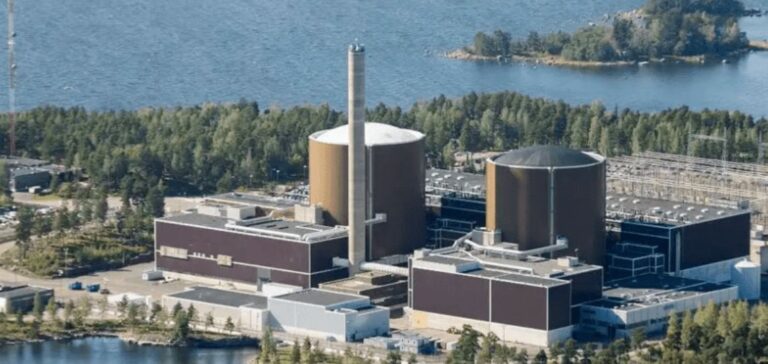Fortum Oyj, a pillar of Finland’s energy industry, has clearly stated its position on new nuclear investments.
According to Fortum CEO Markus Rauramo, current electricity prices in the Nordic region do not make it economically justifiable to develop new nuclear infrastructure.
The fall in electricity prices from 135.86 euros/MWh in 2022 to an average of 42.01 euros/MWh in 2024 is a key factor in this assessment.
Sweden’s ambitions to build 2,500 MW of new nuclear capacity by 2035 thus appear compromised without stronger economic support.
Sweden has estimated the cost of these new reactors at SEK 400 billion ($38 billion), but Fortum insists that current market conditions are not conducive to such investments.
Optimization strategies and financial adjustments
Despite this unfavorable environment for nuclear power, Fortum continues to adapt its strategy to improve its financial performance.
The company recently announced an operating profit of 233 million euros for the second quarter of 2024, beating forecasts, albeit down on the previous year.
This performance is due in particular to optimized management of its hydro assets and the strategic sale of its solar portfolio in India. At the same time, Fortum is pursuing its plan to reduce fixed costs by 100 million euros by 2025.
The company expects to achieve savings of €50 million by the end of this year.
These adjustments are essential to maintain Fortum’s competitiveness in a market where energy prices are constantly changing.
Impact of the energy transition on the sector
The boom in renewable energies, particularly wind and solar power, has profoundly altered the dynamics of the Nordic energy market. The abundance of this intermittent generation has contributed to falling electricity prices, posing a challenge to the profitability of stable generation projects such as nuclear power.
This situation is forcing players like Fortum to reassess their investment priorities.
Against this backdrop, nuclear projects in Sweden and Finland, while crucial to grid stability, are being held back by economic considerations.
Future decisions will depend heavily on developments in the energy market and government policies aimed at supporting this sector.






















